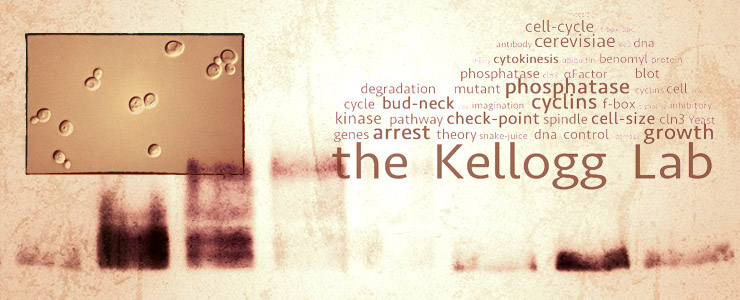Research
The Department of Molecular, Cell and Developmental Biology has twenty-eight faculty members whose research addresses the question of how information in DNA is packaged, read, and interpreted in living cells, how those cells are built may be regenerated, and how cells work together to comprise an organism.
Research in this area of biology represents the largest and most active scientific enterprise in human history, with hundreds of thousands of researchers engaged around the world, making discoveries with instant application to human health and the environment. Our department is recognized as among the world leaders in this extremely large enterprise.
At Santa Cruz, we collaborate in research and educational programs with our colleagues in the Departments of Chemistry & Biochemistry, Physics, Biomolecular Engineering in the School of Engineering and Microbiology and Environmental Toxicology.
RNA
Our department has developed several research foci, some of which are associated with established interdisciplinary centers, such as the Center for Molecular Biology of RNA. RNA Center research integrates research approaches from X-ray crystallography to genomics to answer questions of the central role of RNA in the transfer of genetic information and the evolution of gene expression systems. [Learn more]
Chromatin
Faculty members focusing on chromatin address a diverse range of research questions and experimental approaches to investigate chromatin, the protein-bound form of DNA that contains histones and regulatory proteins. These proteins are responsible for controlling access to and function of the genome, a process central to a cell's function and identity. [Learn more]
Cell Biology
Numerous faculty work on processes and substances that create and maintain the structure of cells and regulate cell function during growth and differentiation. The answers to their questions hold the key to controlling cancer and degenerative diseases. [Learn more]
Developmental Biology
Cells of diverse identity and function work together to form complex tissues and organs. Several faculty members are addressing key questions in developmental biology, including how stem cells are formed soon after fertilization of the egg, the complex differentiation and wiring of the cortex of the brain, wiring of the retina to produce the vision processing system in the brain, as well as differentiation of breast tissue and the developmental origin of breast tumors. [Learn more]

